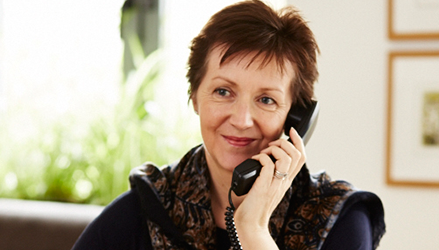The cancer
The cancer itself can cause fatigue, although we don’t fully understand how or why this happens. People may have fatigue when they are diagnosed, even before they start treatment. Other symptoms caused by pancreatic cancer, such as problems digesting food, can also cause fatigue.
Problems with digestion and diet
The pancreas makes enzymes which help to break down your food. This is part of digestion. Your body then gets nutrients and energy from your food. Pancreatic cancer can affect digestion, which means that you don’t get the energy you need from your food. This can cause fatigue.
Problems with digestion can also cause loss of appetite, tummy discomfort, diarrhoea and sickness. These can all mean that you may eat less, and so get less energy from your food. Fatigue may also mean that you feel less like eating.
Pancreatic enzyme replacement therapy (PERT) helps to manage these problems with digestion. It replaces the enzymes that your pancreas would normally make. Common brands include Creon®, Nutrizym® and Pancrex®.


